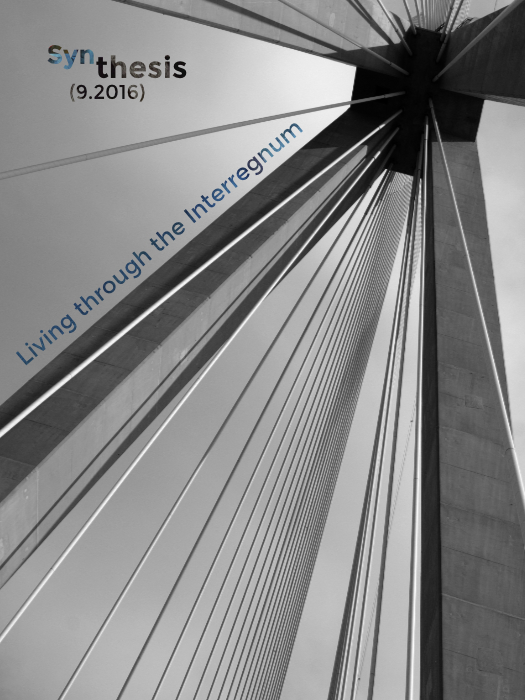Agonistic Equality in Rancière and Spinoza

Abstract
Jacques Rancière’s conception of equality as an axiomatic presupposition of the political is important, because it bypasses the tradition which defines equality in terms of Aristotle’s conception of geometric equality. In this paper, I show that Rancière’s theory both espouses a monism, according to which inequality implies equality, and relies on a concept of the free will, which is incompatible with monism. I highlight this tension by bringing Rancière’s theory into conversation with the great monist of the philosophical tradition, Baruch Spinoza.
Article Details
- Section
- Articles

This work is licensed under a Creative Commons Attribution 4.0 International License.
The copyright for articles in this journal is retained by the author(s), with first publication rights granted to the journal. By virtue of their appearance in this open access journal, articles are free to use with proper attribution. Synthesis retains the worldwide right to reproduce, display, distribute, and use published articles in all formats and media, either separately or as part of collective works for the full term of copyright. This includes but is not limited to the right to publish articles in an issue of the Journal, copy and distribute individual reprints of the articles, authorize reproduction of articles in their entirety, and authorize reproduction and distribution of articles or abstracts thereof by means of computerized retrieval systems.



